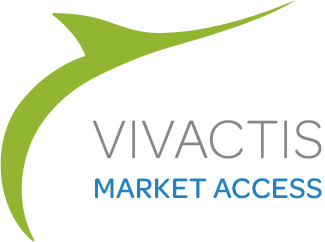Part II: How and when will it impact your business?
The timelines
Regulation (EU) 2021/2282 on health technology assessment and amending Directive 2011/24/EU entered into force in January 2022 and will apply from January 2025. The implementation work has started, including the setting up of the necessary governance structure and preparatory documents to ensure effective application from this date. The long interim period will be used to put in place the planned organizational framework as well as adopting a series of implementing measures. The first meeting of the coordination group of Member State representatives is scheduled to take place in June 2022. Concretely, any joint work between Member States under the Regulation will only take place as of the first quarter of 2025.
Key objective
The Regulation objective is to avoid duplication and reduce burdens on developers. When the regulation was designed, the European Commission highlighted several issues that the new Regulation is meant to address. The most significant being the divergent HTA processes and methodologies in Member States and duplication of work for national HTA bodies and developers.
Organisational impact at corporate level
Being confronted with a unique HTA process and methodology, regional/EU headquarters must further reorganise their regional market access team and reinforce their medical/clinical capabilities to highlight the therapeutic value of the offering. They should also interact with the corporate medical and marketing department when confronting the desired product profile with the pivotal studies’ findings and translating it into therapeutic value. The health economics corporate department will concentrate on modelling cost-effectiveness and budget impact, leaving the actual economic value computation to their affiliates.
Organisational impact at affiliate level
Today, many companies are still producing their pricing and reimbursement dossiers locally, usually with some corporate support and global value dossiers to show therapeutic and economic value. Tomorrow, and based on the Regulation timelines starting with oncology, therapeutic value will be assessed centrally. This will partly change the mission of local market access teams and their interactions with colleagues from the medical department, reinforcing the links between market access, marketing and, possibly, finance to support the local definition of economic value, based on models developed by corporate with local costing and running. We anticipate that more health economists and econometrists, as well as some specialists in real world evidence and pharmaco-epidemiology will be working in market access. These profiles are already difficult to find today and will become increasingly difficult to find given the supply and demand imbalance for these talents. Companies that will be ready to invest in these profiles and their training early, will gain a competitive advantage for the next 10-20 years in market access.
Proving that you bring therapeutic value at EU level and economic value at member state level will ensure that your offering will be accessible by patients in local markets.
